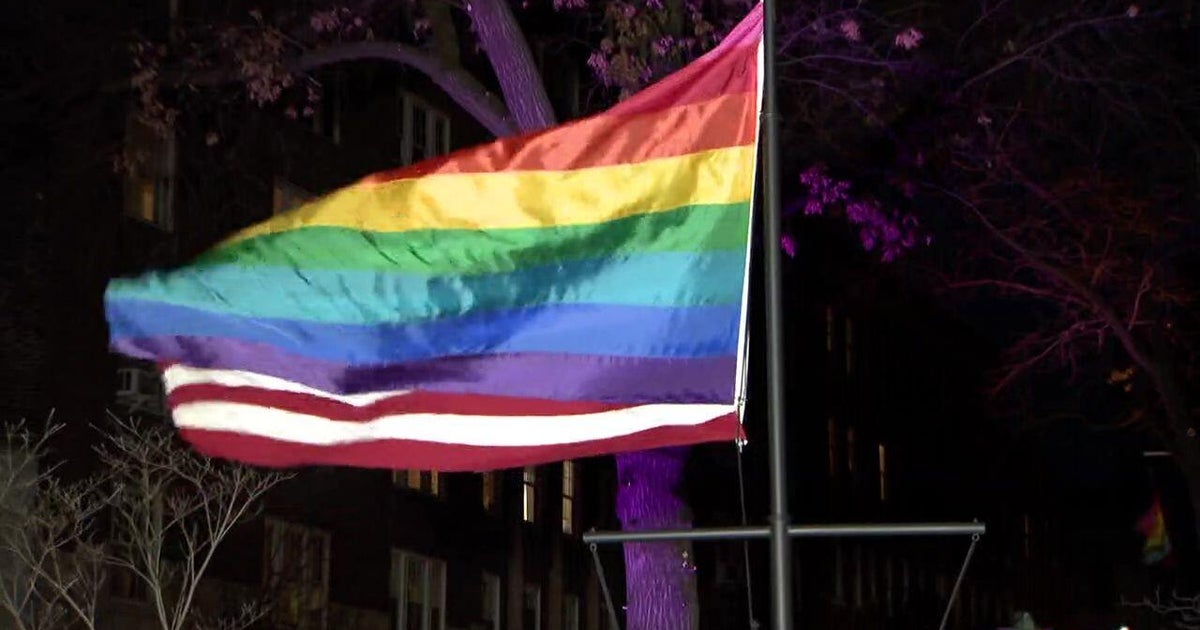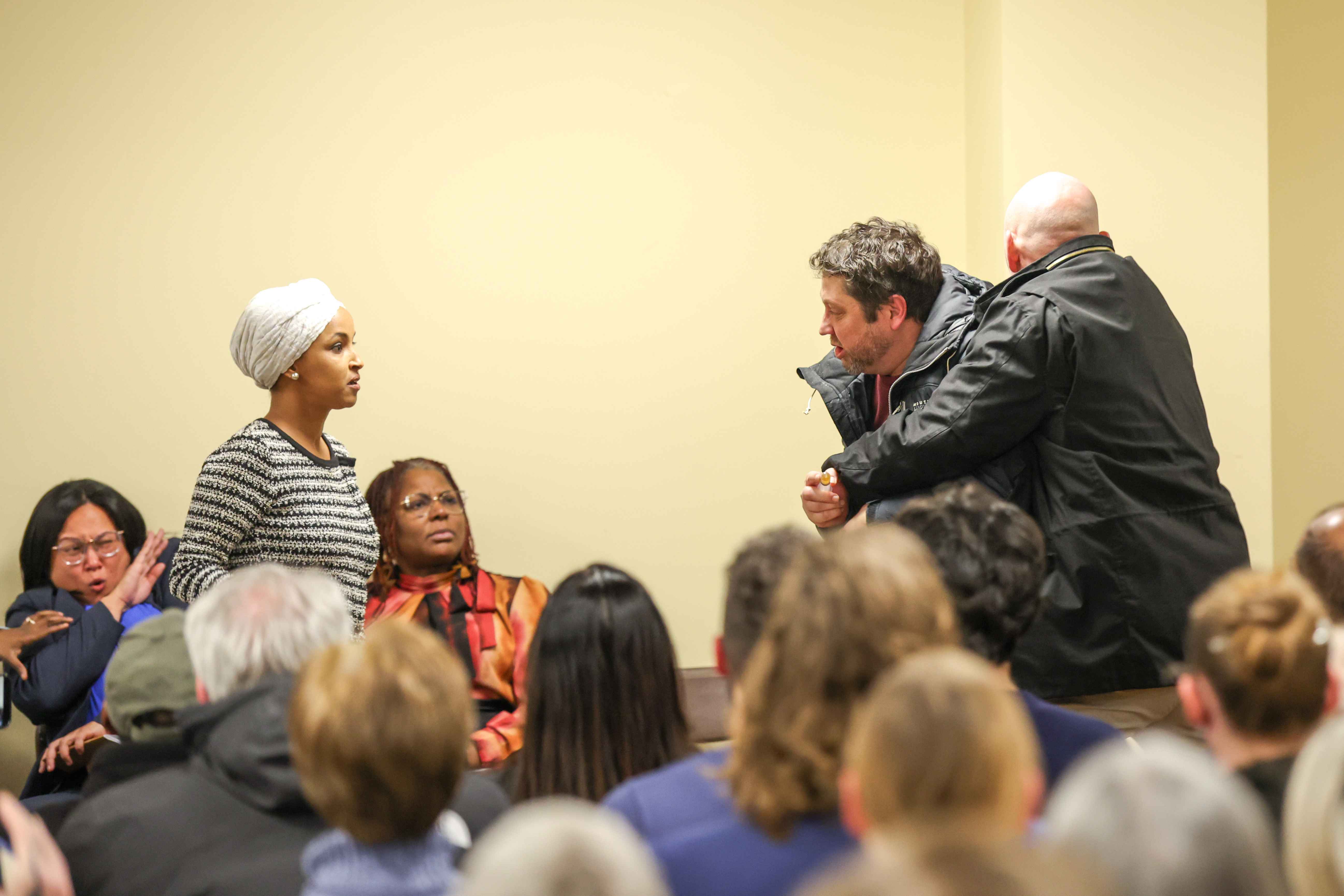House committee to hold hearing on Equal Rights Amendment
The Equal Rights Amendment (ERA) conversation is returning to Capitol Hill Tuesday as the House Judiciary Committee hosts the first congressional hearing in 36 years to discuss the legislation.
The hearing will bring together four witnesses including a state senator, legal experts, and actor and advocate, Patricia Arquette
Rep. Carolyn B. Maloney, D-New York, is the sponsor of H.J.Res.35, which would restart the amendment ratification process, and has been introducing ERA legislation DURING each session of Congress since 1992.
"This hearing is long overdue," Maloney said. "It's an example of what a Democratic majority in Congress means today. We have an extraordinary responsibility and opportunity to seize this moment."
Rep. Abigail Spanberger, D-Virginia, called the hearing, "an example of what can happen when motivated advocates use their voice and continue to push for things that matter to them."
Sen. Ben Cardin, D-Maryland, who is helping lead the ERA ratification effort in the Senate alongside Sen. Lisa Murkowski, R-Alaska, said he was excited for the House hearing and the educational opportunity it presented.
"I hope it will shed light in the fact that the constitution does not have an ERA in it," Cardin said. "Most states do. Any country today that is developing a constitution would include one."
The amendment states that, "Women shall have equal rights in the United States and every place subject to its jurisdiction. Equality of rights under the law shall not be denied or abridged by the United States or by any State on account of sex."
Maloney said that issues of equality "are at the forefront today" and points to issues like equal work for equal pay and a case where a judge in Detroit declared America's female genital mutilation law unconstitutional as areas where the ERA would ensure
protection for women.
"Women's rights are not a technicality," Maloney said. "Women should be protected in the constitution."
First proposed in 1923, the ERA never officially passed until 1972. However, it failed to get the necessary support from 38 states in order to be ratified before the 1982 deadline -- falling just three states short. Rep. Jackie Speier, D-California, proposed legislation that would extend the deadline for ratification. Murkowski and Cardin did the same in the Senate.
Cardin spoke of the symbolism of moving forward with the ERA movement now pointing out that the 100th anniversary of the women's suffrage amendment passing Congress is coming up this June.
"We have the opportunity to pass the ERA to show America is truly a leader in equal rights," Cardin said.
Sen. Thom Tillis, R-North Carolina, said while he hasn't heard of any plans to have any Senate Judiciary Committee hearings on the topic, he is expecting more senators to bring up ERA action.
"We're going to hear their case for moving it forward but the real question is how do you actually do that and whether or not you take up time on the floor for a single bill or if that's something that could actually be worked into an underlying bill," Tillis said.
To date, 37 states have ratified the ERA, although some have rescinded their ratification, raising the possibility of legal battles over whether states have the authority to revoke their ratification. However, Cardin said he has not encountered any vocal opponents in Congress against his ratification efforts.
"There are those who always say, it will lead to incessantly litigation but we don't think there is a legitimate argument against incorporating it into the constitution," Cardin said.
In Virginia however, where ERA ratification failed by one vote, there was strong opposition with some state delegates saying the movement was run by pro-abortion advocates or that it could lead to unintended consequences. For Spanberger, these arguments are more political than logical.
"Like anything that has general popular support, the critics are grasping at straws and are trying to make an emotional and fear-based argument against the constitutional equality of women," Spanberger said.
Maloney is optimistic as well. She expects that once the 38th state ratifies the ERA, naming Virginia or North Carolina as potential options, the argument over the ERA could go all the way to the Supreme Court, where the congresswoman said she is ready to continue the fight.
"Women are more energized," Maloney said. "Let's get to work. Let's make it happen. Let's make our country a better place for it."
Tuesday's hearing will be at 10 a.m. in room 2141 of the Rayburn House Office Building.



